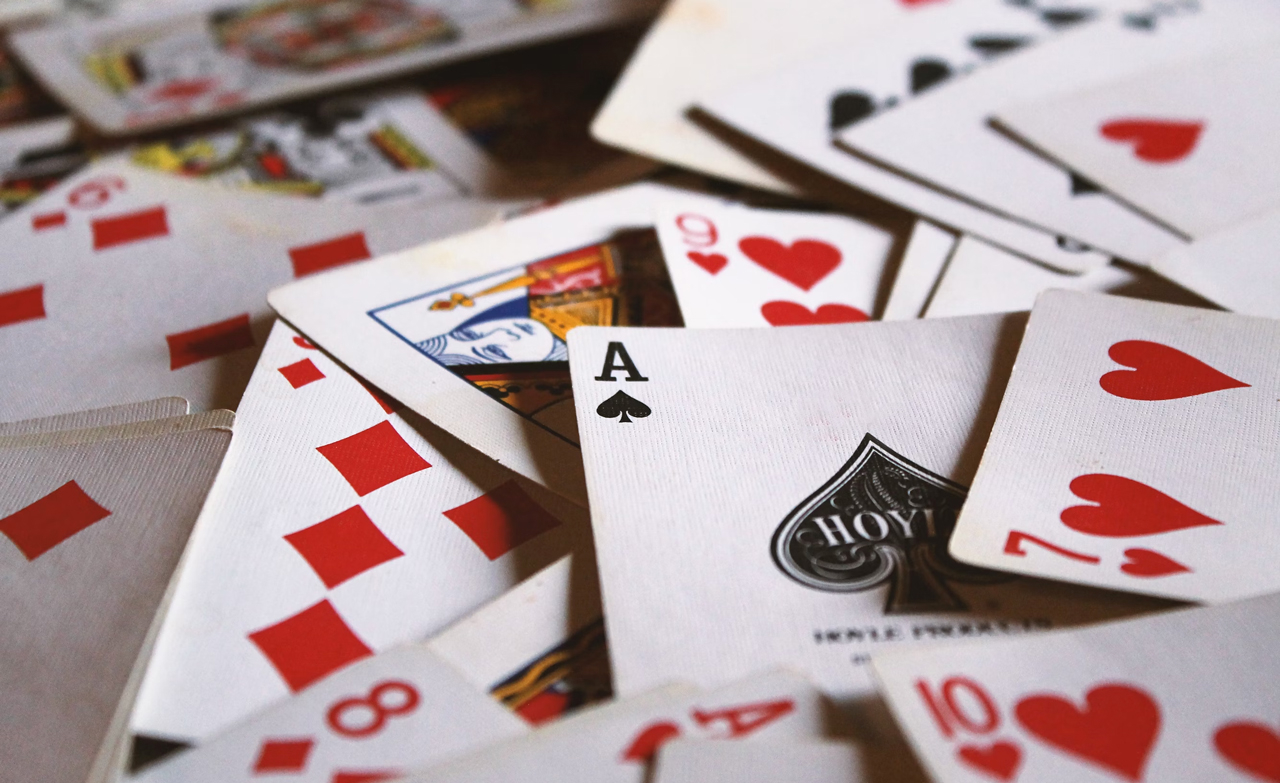Solitaire and society: How a card game reflects cultural trends

Solitaire, a game often associated with solitary play and quiet reflection, surprisingly mirrors the broader cultural and societal shifts over the centuries. Its journey from the intimate salons of 18th-century Europe to the digital screens of the 21st century reveals much about changing leisure practices, technological advancements, and even attitudes toward solitude and social interaction. Why do so many fans all over the world play it nowadays – using a deck of cards or online – on platforms such as Solitaires? Let’s observe how Solitaire not only adapted to but also reflected the evolving cultural trends, making it more than just a game – it’s a snapshot of societal evolution.
A brief history of solitaire
Solitaire, or “patience” as it was known in Europe, originated in the late 18th century, rumoured to have been a pastime for French aristocracy during the Revolution. Its spread across continents and classes showcases the game’s versatility and appeal. Initially, Solitaire served as a form of entertainment for individuals seeking a quiet, contemplative break from social obligations. This need for personal space and leisure time reflects early societal structures and the value placed on introspection and individual amusement.
The digital revolution and solitaire
The digital age transformed Solitaire from a physical card game into a virtual experience, marking a significant cultural shift. The inclusion of Microsoft Solitaire in Windows 3.0 in 1990 was a strategic move to familiarise users with the graphical user interface, inadvertently making Solitaire a global pastime. This transition speaks to the broader trend of digitization and its impact on leisure activities. Solitaire’s presence on virtually every computer screen underscored the growing importance of personal technology in daily life, bridging the gap between traditional games and the emerging digital culture.
The reflection of societal attitudes toward solitude
Solitaire’s enduring popularity also highlights changing attitudes toward solitude. In a society that increasingly values productivity and constant connectivity, Solitaire offers a rare moment of pause and disconnection. This shift towards appreciating solitary moments reflects a broader cultural trend of mindfulness and self-care, recognizing the importance of taking breaks from the hustle and bustle of daily life. Solitaire, in its digital or traditional form, serves as a tool for mental relaxation, echoing society’s growing awareness of mental health and the need for downtime.
Solitaire and the social sphere
Despite its solitary nature, Solitaire has fostered a unique social aspect, particularly in the digital realm. Online forums, competitions, and leaderboards have transformed a once-private pastime into a shared experience, reflecting the human desire for connection even in solitary activities. This evolution of Solitaire from a solo endeavour to a part of the global gaming community illustrates the changing landscape of social interaction, where digital platforms create new forms of community and belonging.
Solitaire’s modern cultural impact
Today, Solitaire stands as a testament to the adaptability of traditional games in the modern era. Its simple yet captivating gameplay has transcended cultural and technological barriers, making it a familiar fixture in diverse settings around the world. Solitaire’s ability to evolve while maintaining its core identity reflects a broader cultural trend towards blending tradition with innovation, preserving the essence of the past while embracing the possibilities of the future.
Solitaire: Mirror of society
Solitaire, a game that has quietly adapted to and reflected societal changes, serves as a fascinating lens through which to view cultural trends. From its aristocratic origins to its status as a digital mainstay, Solitaire’s journey is emblematic of broader shifts in technology, attitudes towards leisure and solitude, and the search for community in an increasingly digital world. As society continues to evolve, Solitaire remains a cherished companion, reminding us of the enduring appeal of simplicity and the timeless human need for moments of peace and reflection. Through the lens of this seemingly modest card game, we can trace the contours of our cultural landscape, observing how our leisure activities echo the complexities of societal change.
The editorial unit



















Facebook
Twitter
Instagram
YouTube
RSS